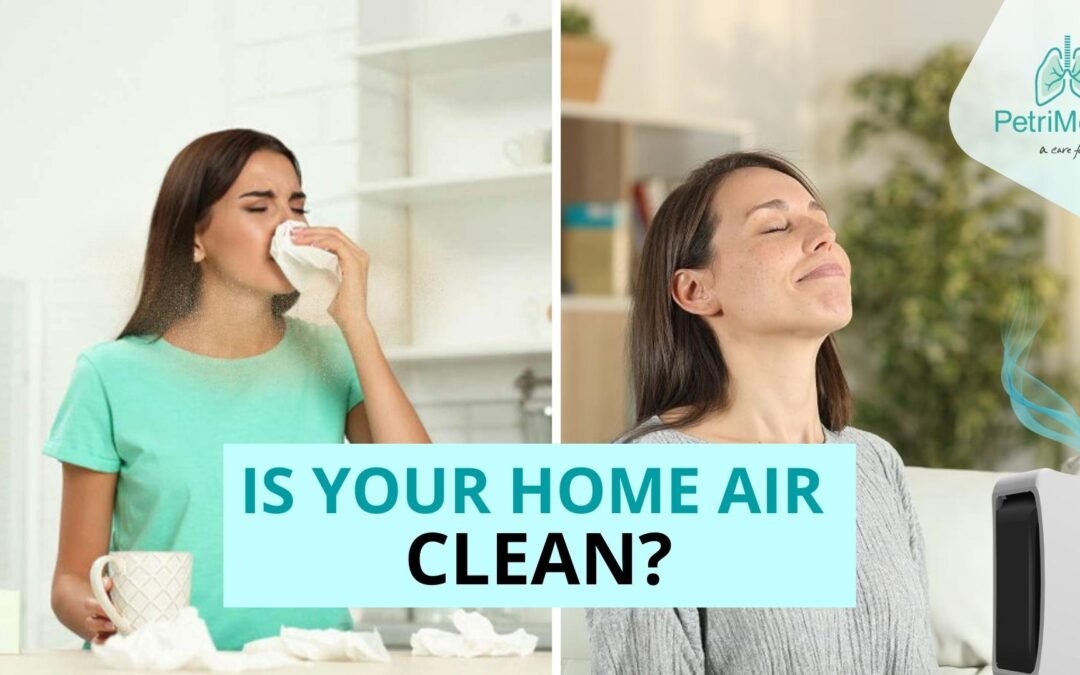As individuals grow older, their bodies become less capable of fighting off the impact of environmental threats caused by poor indoor air quality. The presence of air pollution can exacerbate conditions such as heart disease, stroke, lung diseases including chronic obstructive pulmonary disease (COPD) and asthma, as well as diabetes. Consequently, it leads to high dependency on medications, frequent visits to healthcare professionals, emergency room admissions, hospital stays, and even fatalities.
As we age, our endurance may decrease, and we may experience quicker fatigue. However, it’s important to note that persistent fatigue is not an inherent aspect of the aging process. If you find yourself feeling consistently tired for extended periods and not experiencing refreshed energy even after a restful night’s sleep, it is time to check if the indoor air quality is healthy.
The indoor air quality can be greatly influenced by various factors. Several studies have concluded that the attributes of the buildings, including construction and services, as well as the presence of indoor sources and polluted outdoor air, play significant roles in determining the level of exposure to indoor pollutants.
The COVID-19 pandemic has played a significant role in raising awareness about the crucial importance of breathing clean air for human health. It has highlighted the fact that indoor air can serve as a medium for airborne infections and pollutants. Although the public health sector has shown interest in indoor air quality (IAQ), some advanced medical-grade solutions like PetriMed CA air purification systems are highly efficient to ensure healthy indoor environments, especially for vulnerable populations.
The pressing need to incorporate stricter IAQ measures into energy, public health, and environmental policies presents an opportunity to establish more ambitious standards for indoor air quality. This will not only promote awareness but also prioritize the protection of human health and well-being.
Air purification systems effectively draw in and capture the harmful pollutants and particles that exist in indoor air. Research has revealed that indoor air can be 5-10 times more contaminated than outdoor air. By installing an air purifier in your home, you can improve the quality of the air to a considerable degree.
Contact US

Vaping Is A High Risk For Young Hearts
For decades, the news had been so good. The number of teenagers smoking tobacco products was falling. “Billions of dollars, tons of manpower and effort, were spent on informing y.oung people about the harms of smoking,” said a cardiologist. “And we were successful. Smoking rates across…

Is Your Home’s Air Clean?
The air we breathe in a closed space affects our health and ability to fully contribute to society and live a healthy our healthiest lives. For over two years, the impact of COVID-19 has highlighted that how clean indoor air plays an important role in response and recovery — the spread of the virus can be reduced…

Risk of Ambient Concentration of Particulate Matters Associated with Ambulance Services in India
An ambulance is a medically equipped vehicle which transports patients to treatment facilities, such as hospitals. Typically, out-of-hospital medical care is provided to the patient during the transport. Ambulances are used to respond to medical emergencies by emergency medical services…


0 Comments